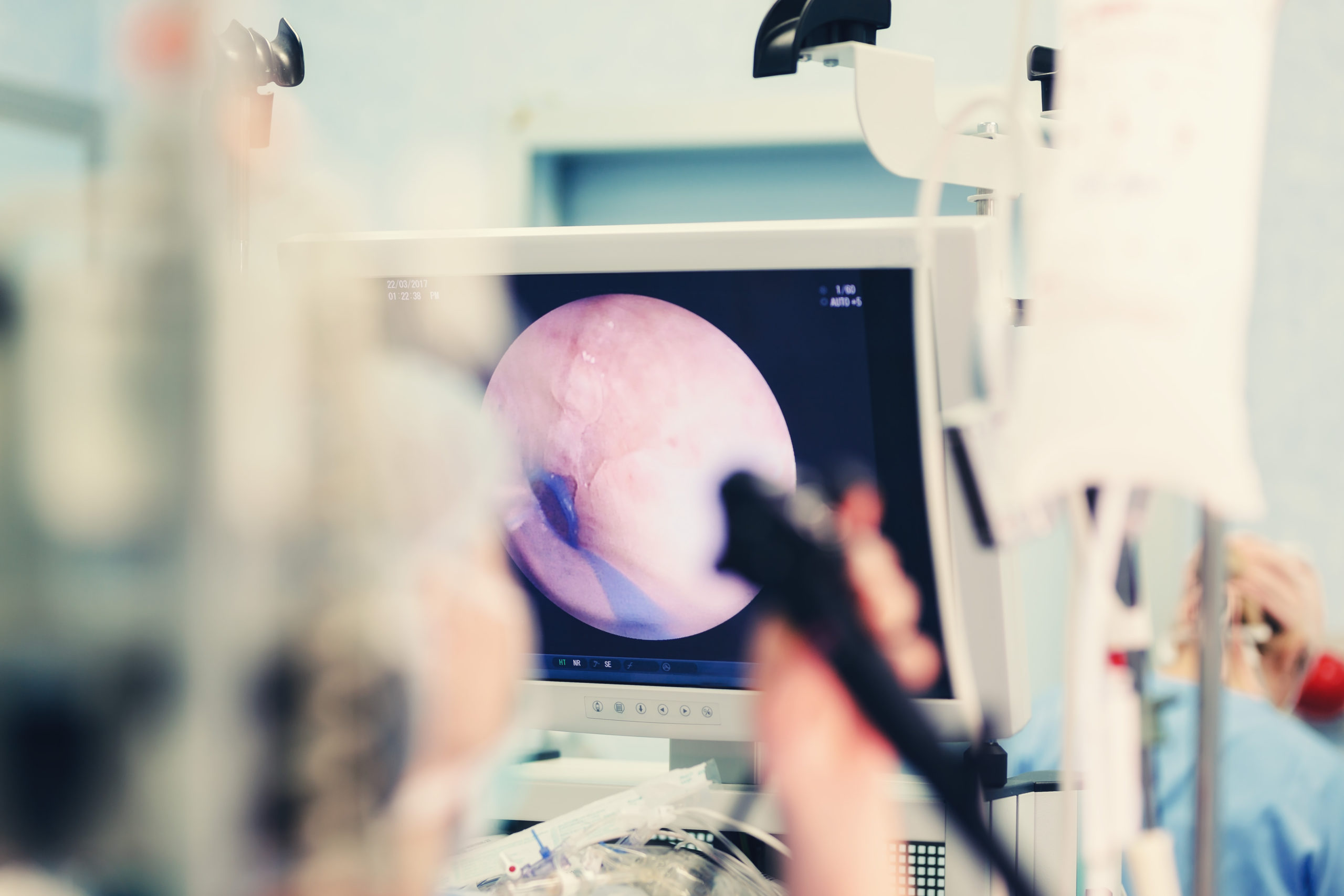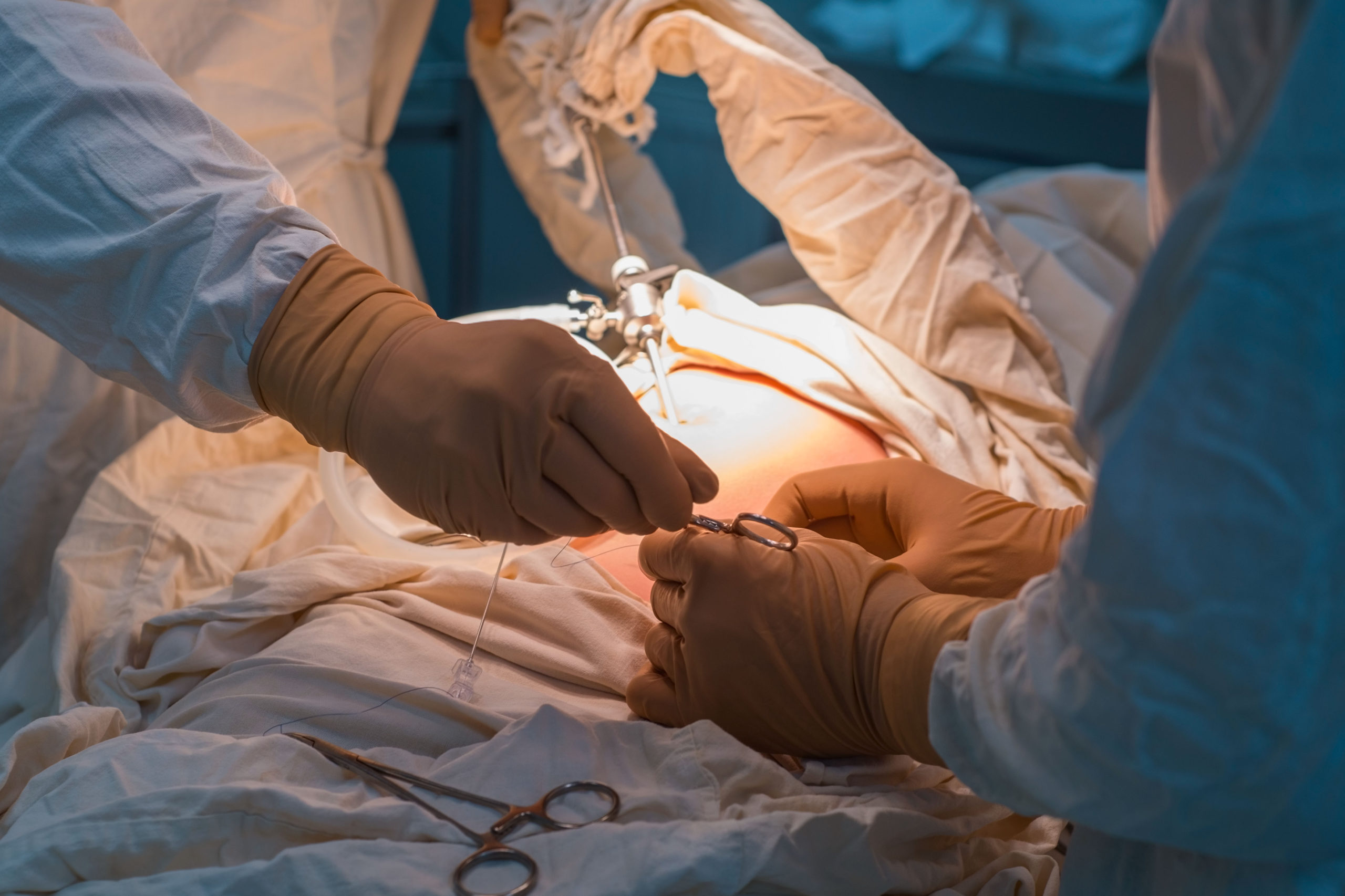The colon is about 3 to 5 feet long. It travels from the lower right corner of the abdomen (where the small intestine ends) up to the liver, across the body to the spleen in the upper left corner and then down to form the rectum and anus. A colonoscopy is a procedure performed by a specialist surgeon to see inside your colon (large intestine or large bowel). The instrument used in this investigation is called a colonoscope. It is a flexible tube and has a diameter of that of the little finger.
Within each colonoscope is an illumination channel which enables light to be directed onto the lining of your large bowel and another which relays pictures back to the endoscopist onto a television screen. During the investigation, the doctor may need to take some tissue samples (biopsies) from the lining of your bowel for analysis: this is painless. A video recording and/ or photographs may be taken for your records. It is necessary to abstain from food for 24 hours and you will be given a special solution to mix with your fluids during this 24 hour period to clean your bowel (bowel prep).


